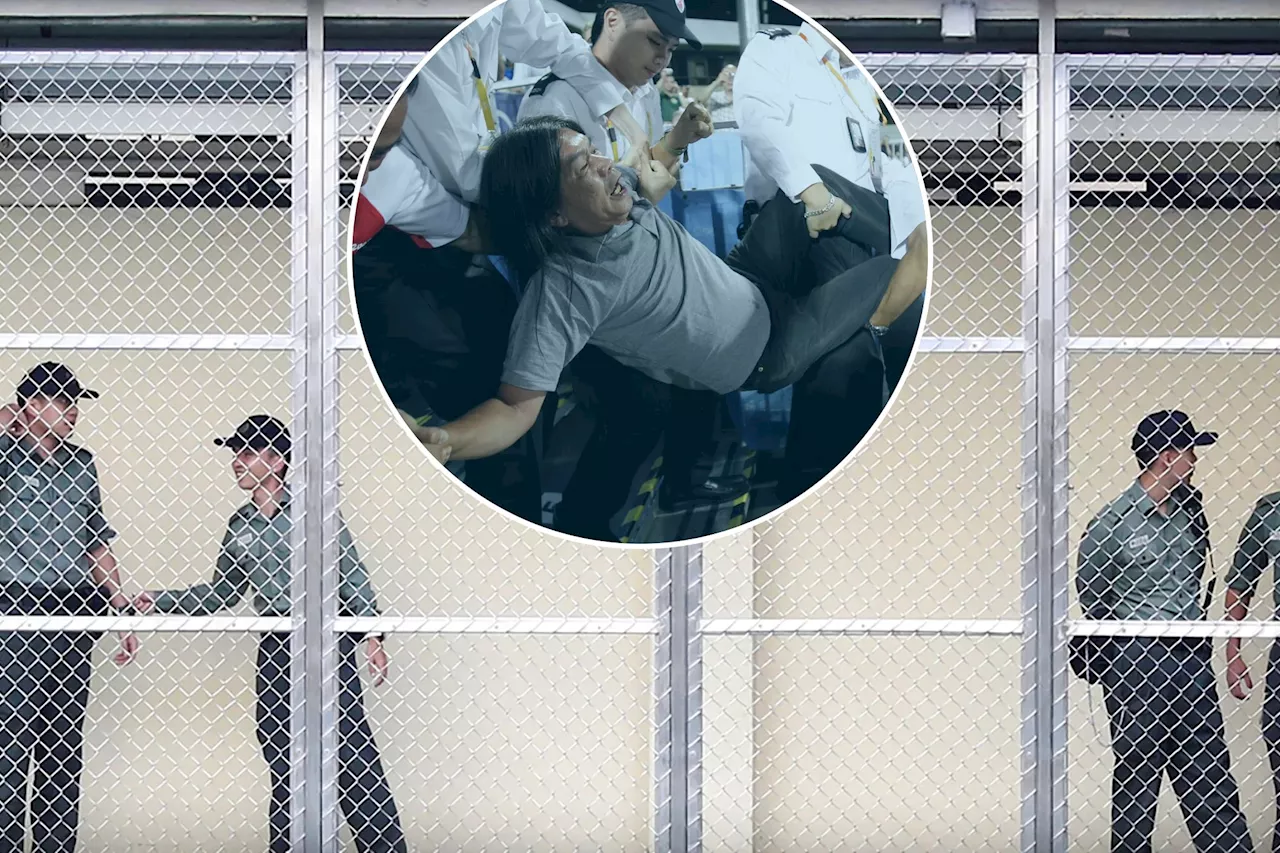A Hong Kong judge has made a significant ruling by recognizing the parental rights of a lesbian couple, B and R, regarding their son born through reciprocal in vitro fertilization. This landmark decision marks a pivotal moment for LGBTQ+ rights in the region, where legal recognition for same-sex couples has been historically limited. The couple underwent the IVF procedure in 2020 in South Africa, following their marriage in the same country.
The case highlights the complexities surrounding parental recognition for same-sex couples in Hong Kong. Currently, local laws do not explicitly acknowledge the rights of same-sex couples in matters of family and children. The couple’s journey to parenthood began with their marriage in South Africa, where they were able to access reproductive technologies that are not as readily available in Hong Kong.
In a ruling handed down on October 23, 2023, the judge stated that the couple’s son should be legally recognized as the child of both parents. This ruling aligns with international trends towards greater recognition of LGBTQ+ families, although it remains an exception rather than the rule in Hong Kong’s legal landscape.
The couple expressed their relief and joy following the ruling, emphasizing its significance not only for their family but also for other same-sex couples in similar situations. In a statement, they said, “This decision is not just about us; it’s about the future of families like ours in Hong Kong.”
While this ruling is a positive step, many advocates argue that broader legal reforms are necessary to ensure comprehensive rights for LGBTQ+ individuals and families in Hong Kong. The case has sparked discussions about the need for legislative change to protect the rights of same-sex couples, particularly in areas such as adoption and parental recognition.
The ruling has garnered attention from various human rights organizations, which have praised the decision as a progressive move towards equality. According to Human Rights Watch, the judgment reflects a growing recognition of the need for legal reforms to support LGBTQ+ families in the region.
This landmark case poses a critical question for Hong Kong’s legal system: how will it evolve to meet the changing societal expectations regarding LGBTQ+ rights? With this ruling, the court has set a precedent that could influence future cases and potentially pave the way for broader legal recognition of same-sex relationships and families.
As discussions around LGBTQ+ rights continue, the ruling in favor of B and R serves as a beacon of hope for many who advocate for equality and recognition in Hong Kong and beyond.
